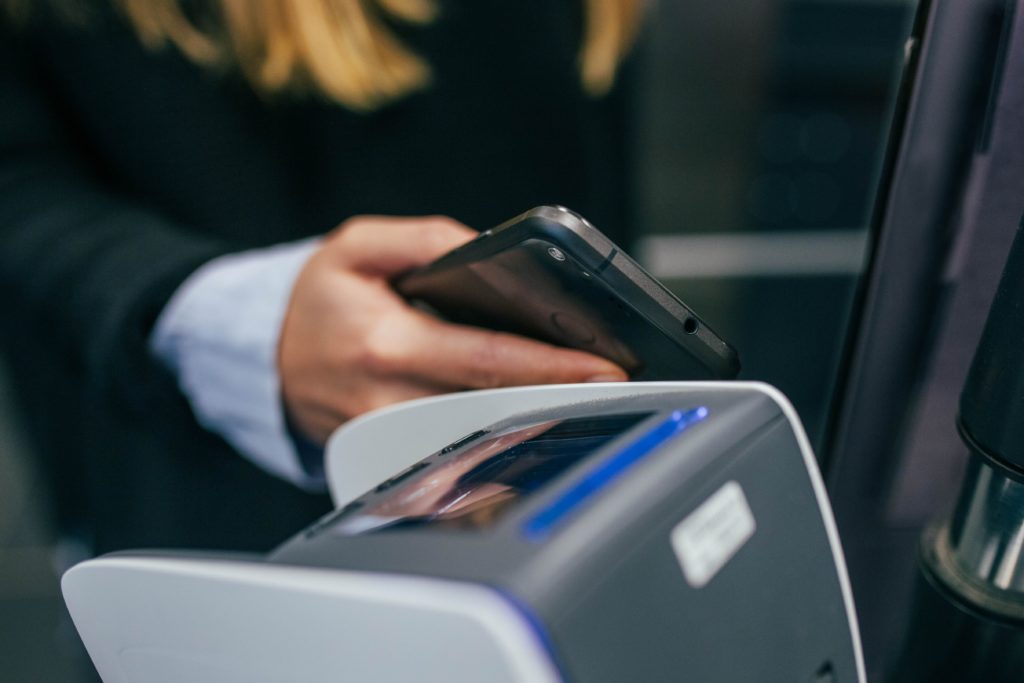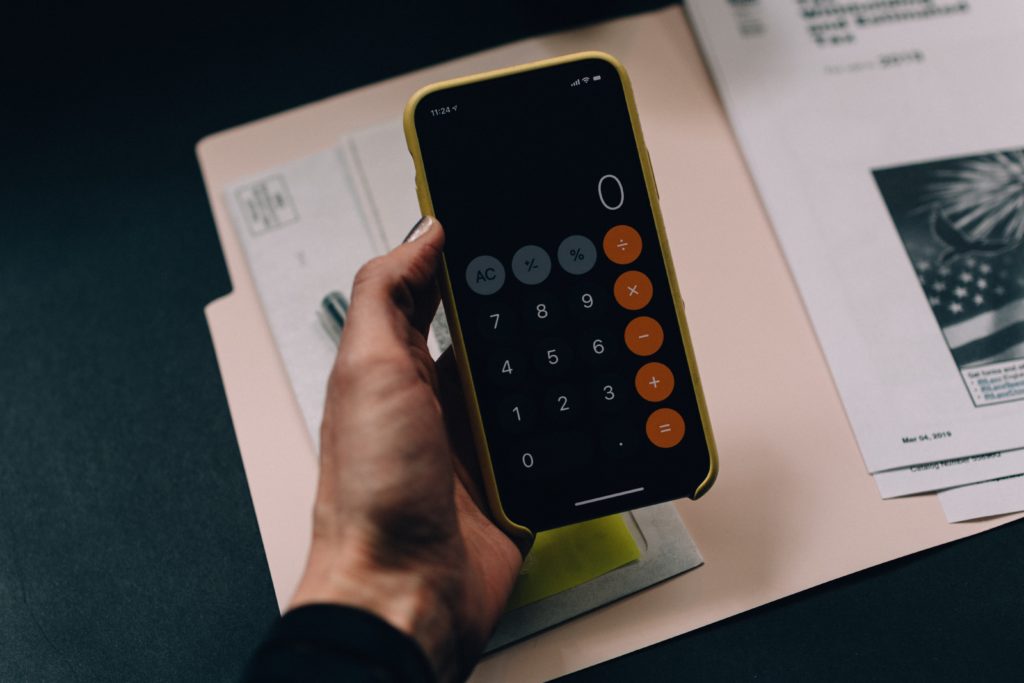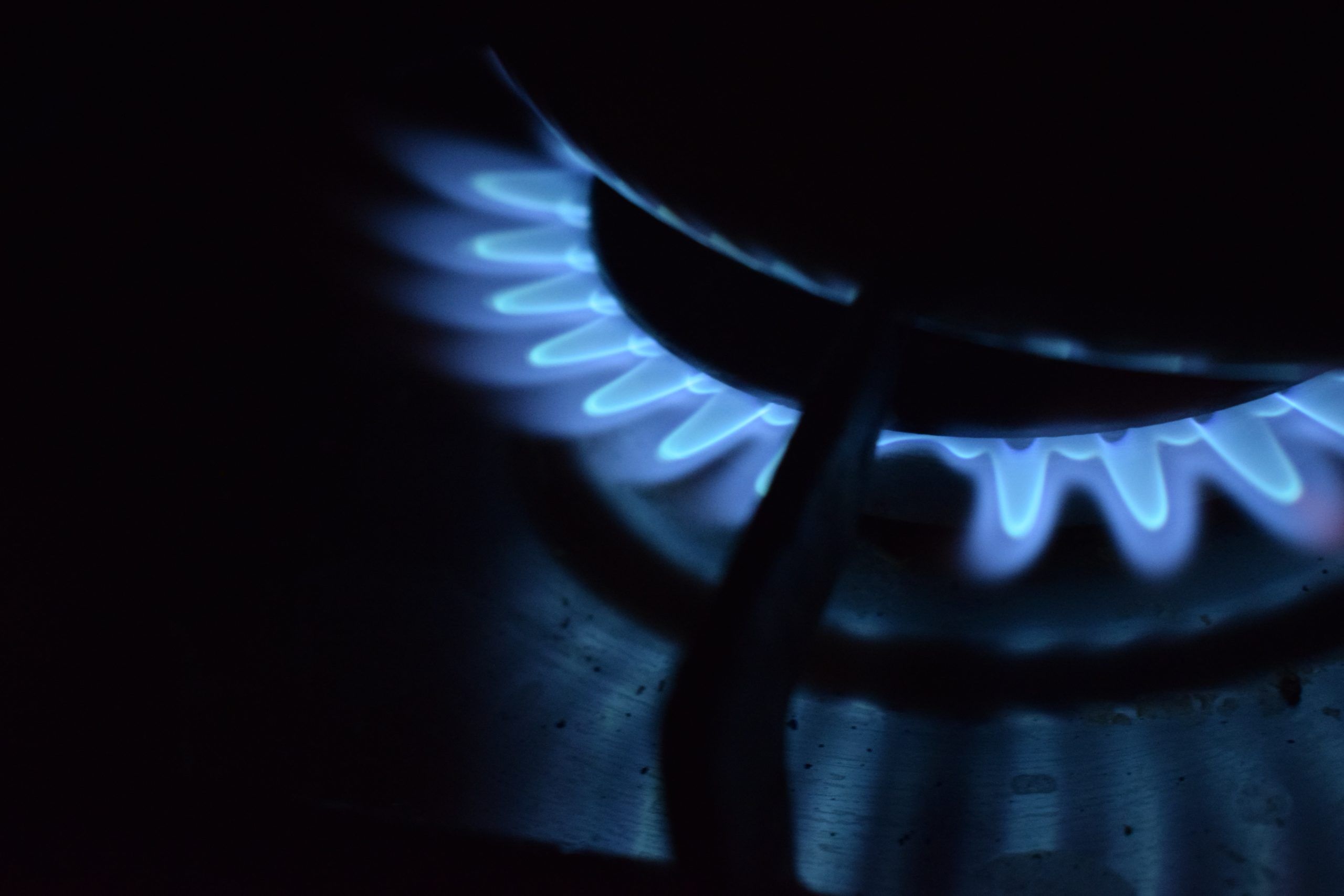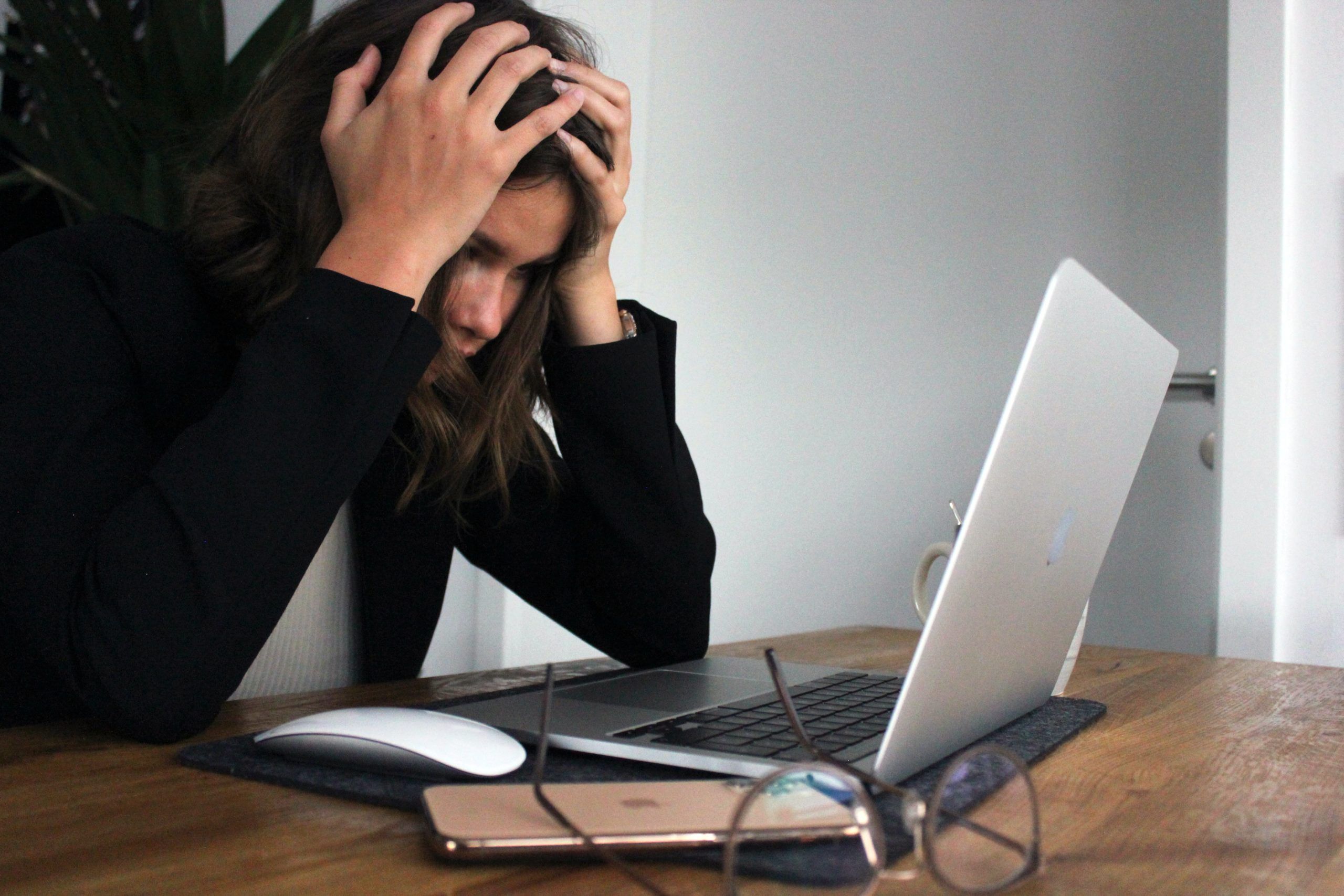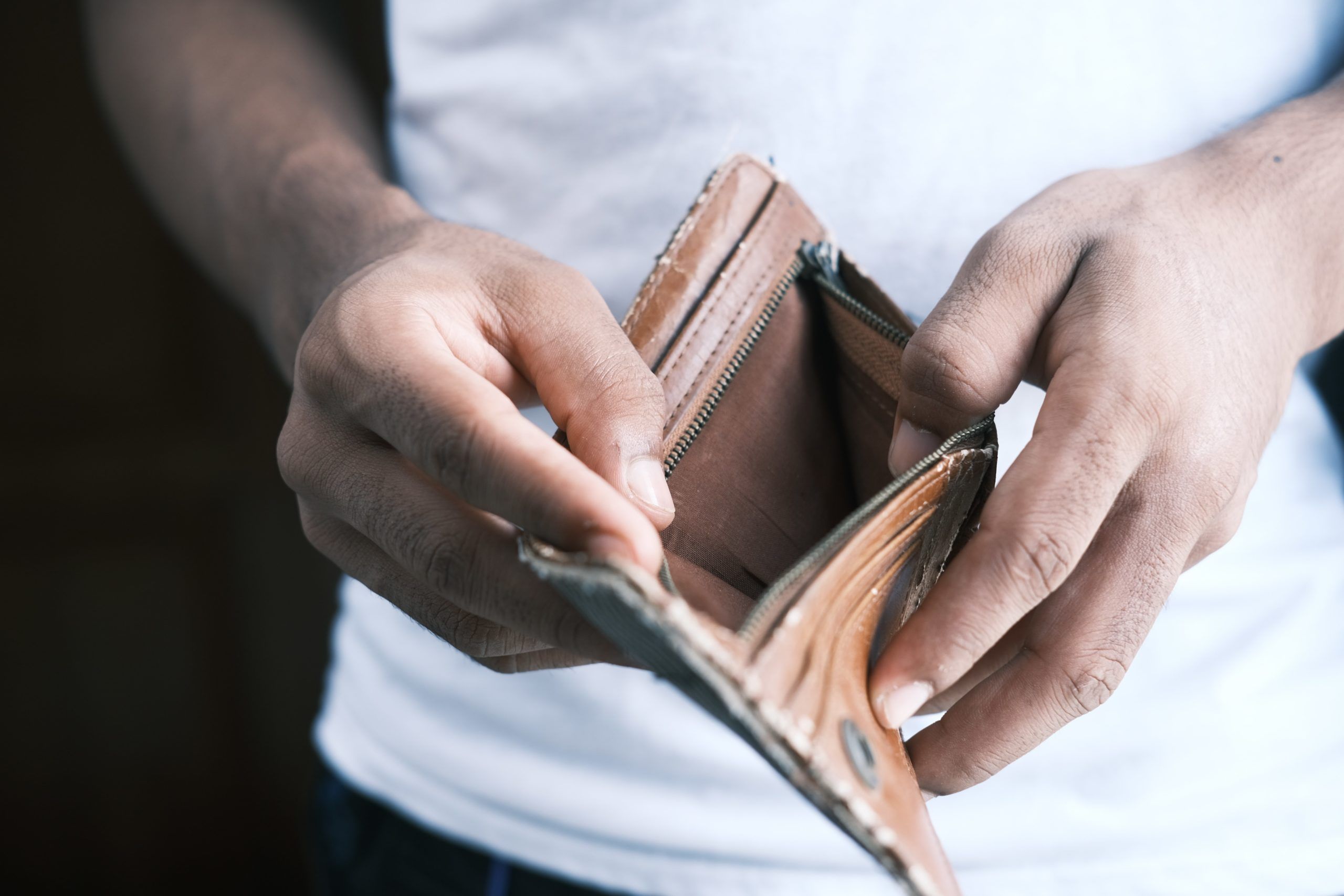How To Report A Loan Shark
The last couple of years have put a strain on many of our finances, and the recent increase in energy prices has not helped. When people are financially struggling, this can give illegal moneylenders, or ‘loan sharks’, the opportunity to exploit them.
If you suspect someone of being a loan shark, then you should report them immediately. But, what exactly is a loan shark?
The definition of a loan shark will be explained in this blog, but first, we will cover the type of people that loan sharks usually target.
Since Covid-19, many people have found themselves getting further into debt, particularly those on a low income and who need the money to cover rising energy and food costs. If they are unable to repay what they have borrowed, it can negatively affect their credit score. Once this happens, it can be difficult for them to apply for further credit, so they may consider taking out a loan from an unauthorised company.
This is where loan sharks come in.
Definition Of A Loan Shark

A loan shark is an unlicensed moneylender; they are not authorised by the Financial Conduct Authority (FCA). This means that they are illegally lending money and breaking the law.
Loan sharks often work from home, they can act as a business, and they tend to have a lot of customers.
If you borrow money from a loan shark, there will not be much paperwork involved, which means you will have no terms and conditions to refer to, so you will not be able to thoroughly understand what you are getting yourself into.
Additionally, the interest rates will be very high on any loan you take out with a loan shark. If you are unable to repay them, they often take illegal action against you, such as using threatening behaviour or even violence. They may even try to force you to borrow more money to pay off your existing loan shark debt.
How To Check If A Lender Is Authorised

If you suspect that you have borrowed money from a loan shark, you can check if they are on the Financial Services Register.
After you search the FCA register and discover that the lender is not on there, then you should report them. They are lending money illegally and they need to be stopped; you are under no obligation to repay them.
Reporting A Loan Shark
If you think a person is lending money without being approved by the FCA, you can contact the Illegal Money Lending Team, according to where you are located, and you can report loan sharks anonymously.
If you are based in England, then use the below details to contact the Illegal Money Lending Team.
This is a 24-hour service. Please note that if you live in Wales, Scotland, or Northern Ireland and you need to report a loan shark, then the contact details will be different from the above.
How To Get Out Of Loan Shark Debt
If you have borrowed money from a loan shark, then it should be of some comfort to know that you are not legally obligated to repay them. If a lender is not licensed by the FCA, then they have no legal right to take action against you if you do not repay them.
As previously mentioned, Stop Loan Sharks can provide valuable information to help keep you safe.
Swift Debt Help cannot help with loan shark debt since the lender is operating outside of the law; however, if you have any other types of debt, we may be able to offer a solution to help you deal with debt, such as an Individual Voluntary Arrangement (IVA).
Request a Debt Assessment
Disclaimer: For guidance only. Financial information entered must be accurate and would require verification. Other factors will influence your most suitable debt solution.


